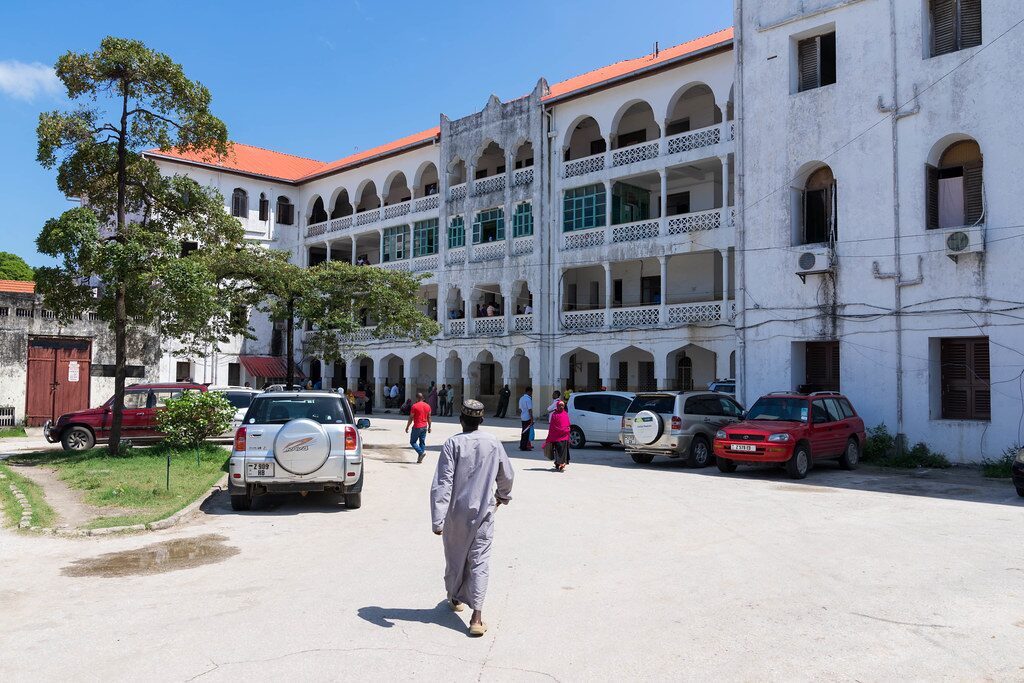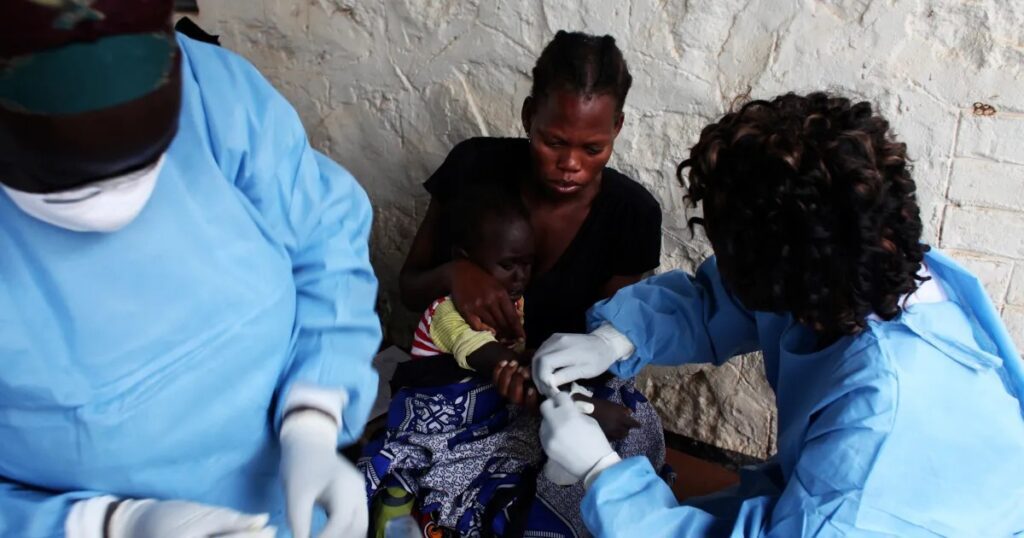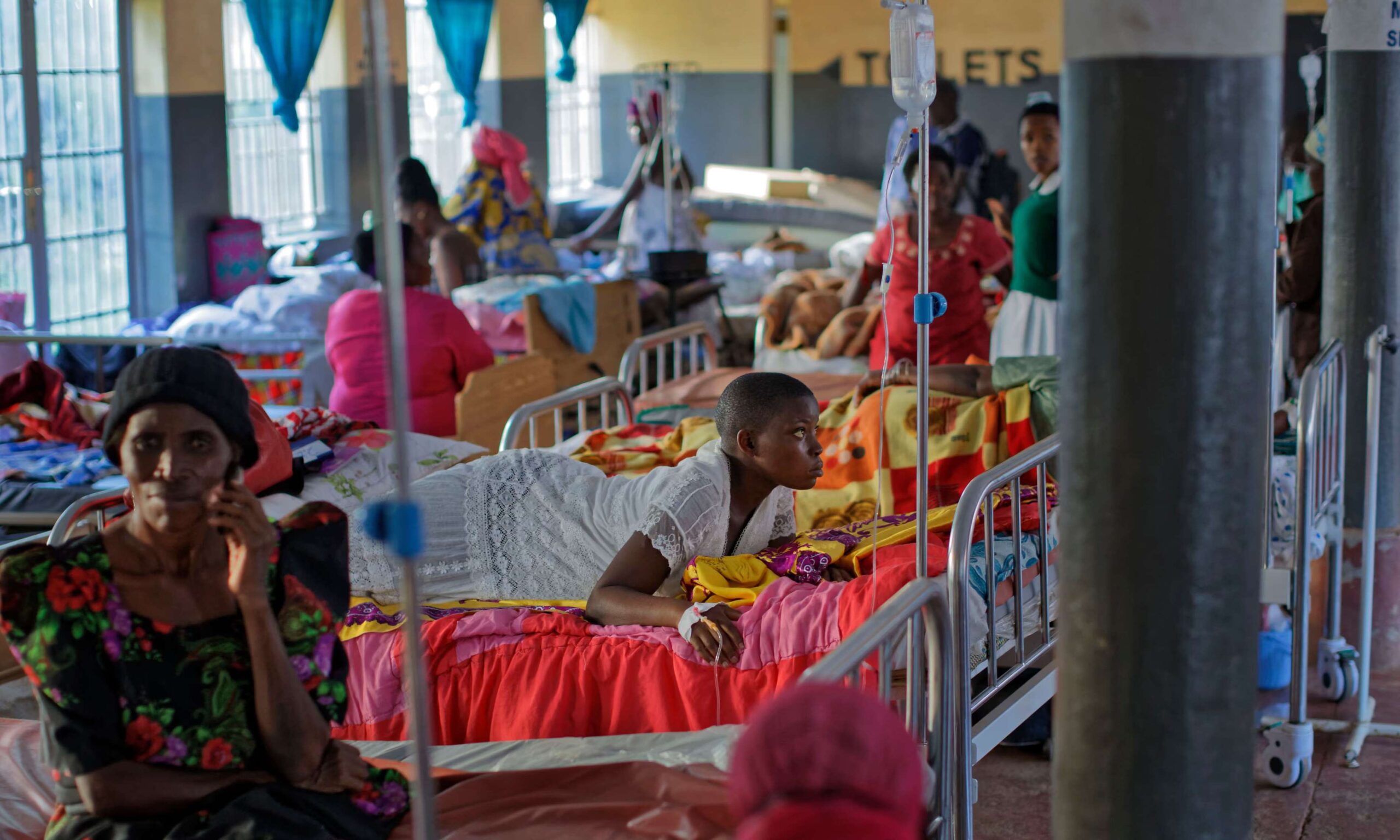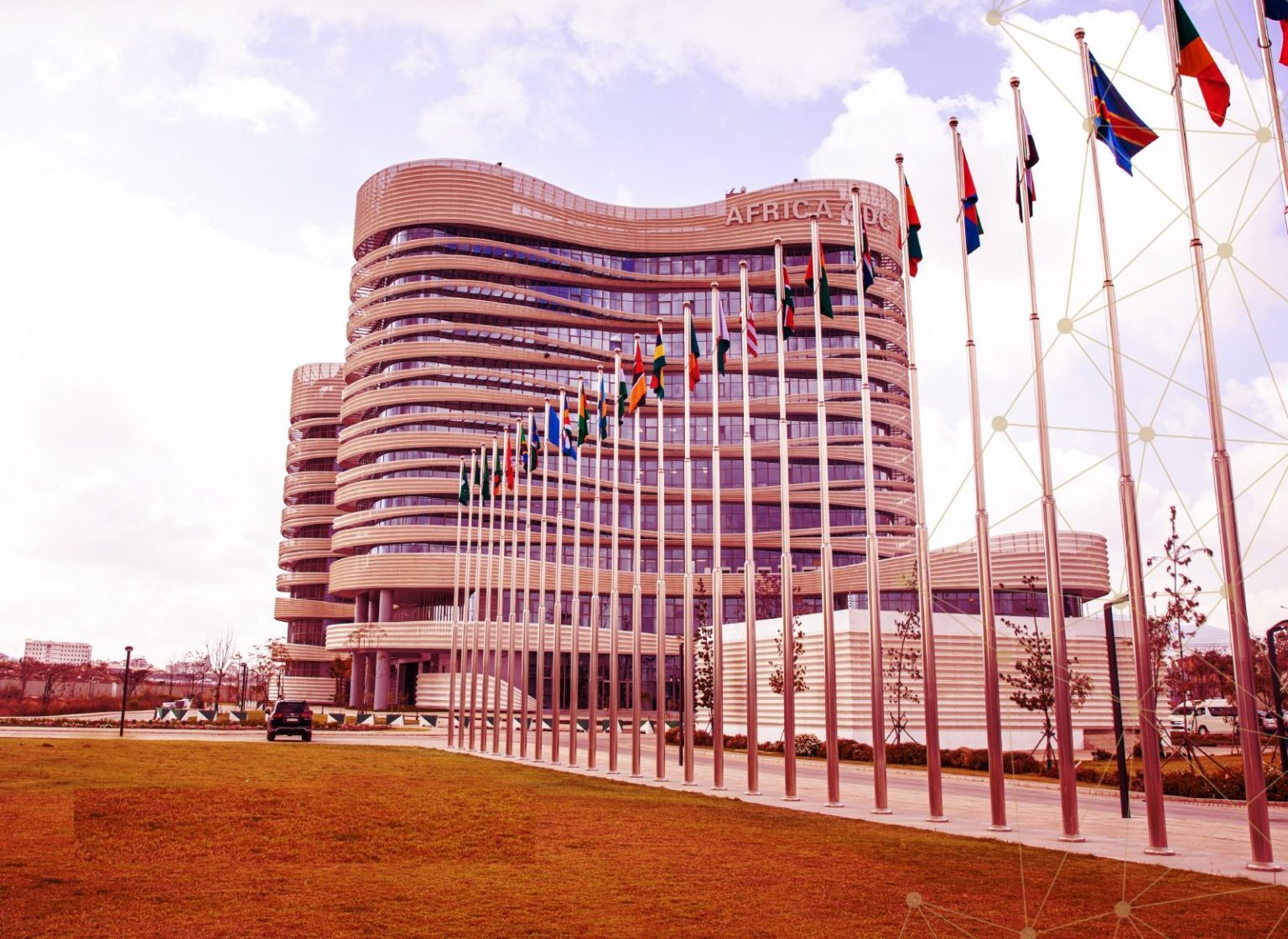
Wednesday 16th April 2025

Par inAfrika Reporter
A deadly cholera outbreak in South Sudan has taken a tragic turn after international aid cuts forced the closure of health clinics, leaving the country’s most vulnerable without access to life-saving care. In Jonglei State, eight people, including five young children, died in March after walking for hours in scorching 40°C heat to reach a clinic only to find it shut down due to funding shortages.
The victims came from remote villages and had no access to transportation after the only functioning ambulance service in the area was suspended. That service, along with much of the region’s healthcare infrastructure, was previously funded by U.S. aid. But under recent policy changes, the United States froze nearly 90% of its healthcare assistance to South Sudan earlier this year.
The impact has been immediate and devastating. Save the Children, one of the major organizations providing healthcare in the country, was forced to completely shut down 7 of its 27 clinics in Jonglei and scale back operations in the remaining ones. The cuts have left tens of thousands without essential care in a region now grappling with South Sudan’s worst cholera outbreak in over two decades.
Since October, over 22,000 cases of cholera have been recorded, with hundreds of deaths and rising. Aid groups are sounding the alarm, warning that without emergency funding, preventable diseases and malnutrition could kill millions in the years ahead. Health workers on the ground describe an unfolding humanitarian catastrophe that could deepen unless the international community steps in.
The U.S. government has defended its decision to slash aid, saying the move is aimed at pressuring South Sudan’s leaders to end corruption and misuse of foreign assistance. But on the ground, the consequences have been brutal and swift. For many families, the aid cuts have meant the difference between life and death.
South Sudan is already on the edge, facing widespread food insecurity, political instability, and the threat of renewed conflict. Now, with healthcare systems collapsing and disease spreading unchecked, the country risks sliding further into crisis. The cholera outbreak, combined with hunger and displacement, is putting immense strain on communities that have endured years of war and hardship.
Observers warn that South Sudan’s health crisis is not only a national tragedy but a regional threat. With porous borders and large numbers of people on the move, the spread of cholera into neighboring countries like Ethiopia, Uganda, and Sudan is a growing concern. Humanitarian organizations are calling on donor nations to reconsider their funding decisions and urging South Sudan’s government to allocate more oil revenue to basic public services.
This situation has also sparked discussions about alternative sources of support. Regional bodies like the African Union, as well as Gulf nations, could play a greater role in plugging the funding gap. For now, though, the message is painfully clear: when aid dries up, it is the poorest and often the youngest who suffer the most.


